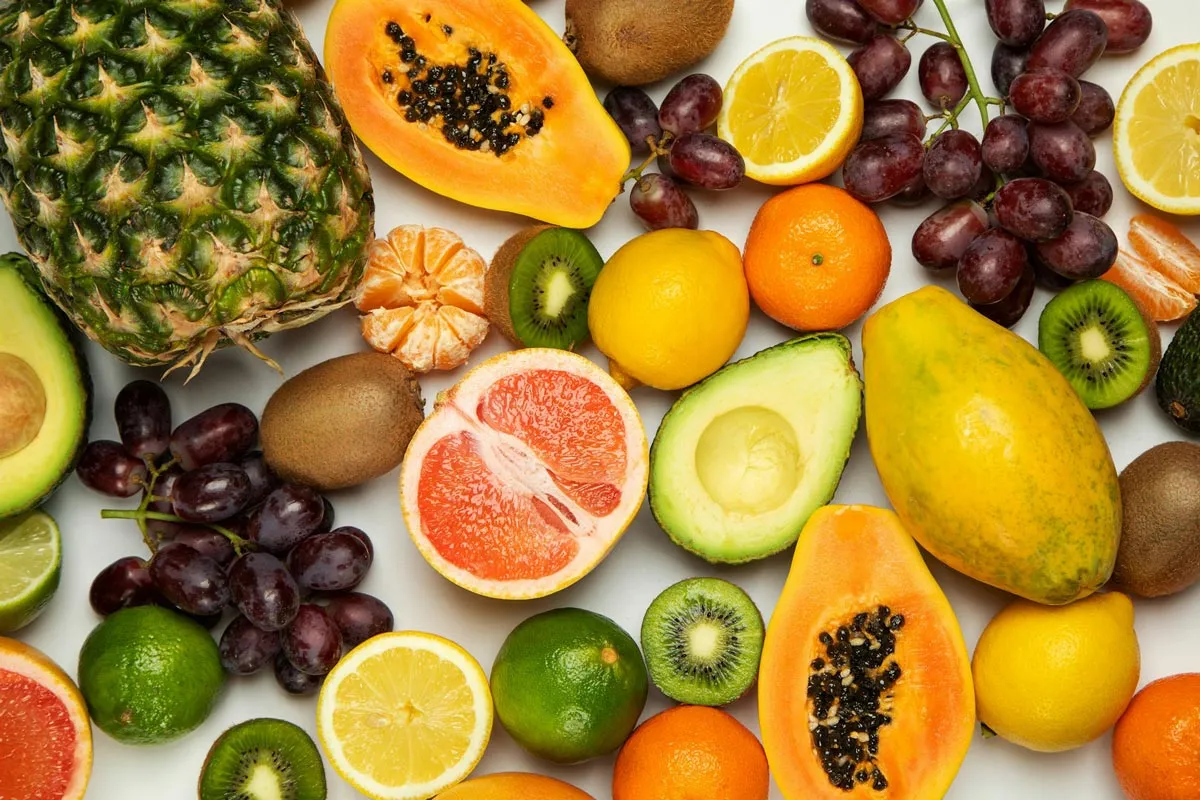
The Surprising Truth About Not Eating Enough Fruit
Discover the surprising health risks of not eating enough fruit and learn how to ensure you're getting the right amount every day to boost your well-being.
You’ve probably heard that eating too much fruit isn’t great due to its high fructose content. But did you know that not eating enough fruit can actually increase your risk of death? Let’s dive into the facts about fruit consumption and its impact on your health.
1. Not Eating Enough Fruit Increases Mortality Risk
Studies have shown that insufficient fruit intake can indeed raise the risk of mortality. The Chinese Center for Disease Control and Prevention’s 2013 report indicated that the lack of fruit in the diet could lead to a life expectancy reduction of 1.73 years on average. Fruits are vital for providing essential vitamins, minerals, and dietary fibers. They are also rich in bioactive compounds like phenols and terpenes, which are crucial for maintaining good health. Without enough fruit, you miss out on these critical nutrients, which can negatively impact your overall health over time.
2. Many People Aren’t Eating Enough Fruit
Despite the variety and abundance of fruit in China, many people still don’t consume the recommended amount. According to the 2016 report by Tsinghua University’s Health Communication Research Institute, the average fruit intake in China over a decade was significantly lower than the dietary guidelines recommend, at just 40.7 grams per day.
The Chinese Dietary Guidelines recommend consuming 200-350 grams of fresh fruit daily. Remember, fruit juice doesn’t count as a substitute for whole fruits, even if it’s freshly squeezed.
3. How Much Fruit Should You Eat Daily?
To meet the daily recommended intake of 200-350 grams of fruit, consider the following:
- One medium-sized apple plus one orange
- Three to four kiwis
- One large banana
- One large pear
- Two medium-sized peaches
- About 20 medium-sized strawberries
- Half a pineapple
It’s essential to spread this intake across the day rather than consuming it all in one go. Overeating fruit in one sitting can lead to other health issues, such as spikes in blood sugar or digestive discomfort.

4. Specific Fruit Recommendations for Different Health Conditions
If you have diabetes, high uric acid, are trying to lose weight, or have digestive issues, it’s important to choose the right fruits.
For Diabetes:
Principle: Choose fruits with low sugar content and low glycemic index.
- Recommended: Green plums, peaches, plums, apricots
- To Avoid: Lychees, longans, pomegranates, winter jujubes
For High Uric Acid (Gout):
Principle: Opt for fruits with low fructose content.
- Recommended: Strawberries, grapefruits, lemons, plums
- To Avoid: Persimmons, grapes, lychees, winter jujubes
For Weight Loss:
Principle: Select fruits with lower calorie content.
- Recommended: Cherry tomatoes, papayas, strawberries, melons, star fruits
- To Avoid: Durian, jackfruit, avocado, winter jujubes, coconut
For Digestive Issues:
Principle: Choose mild fruits that are not too acidic.
- Recommended: Dragon fruit, apples, longans, peaches
- To Avoid: Persimmons, pineapples, mangosteens, sugarcane
Conclusion
Eating the right amount of fruit daily is essential for maintaining good health and reducing the risk of chronic diseases. Tailoring your fruit intake to your specific health needs can further enhance these benefits. Remember to share these tips with your fruit-loving friends!

